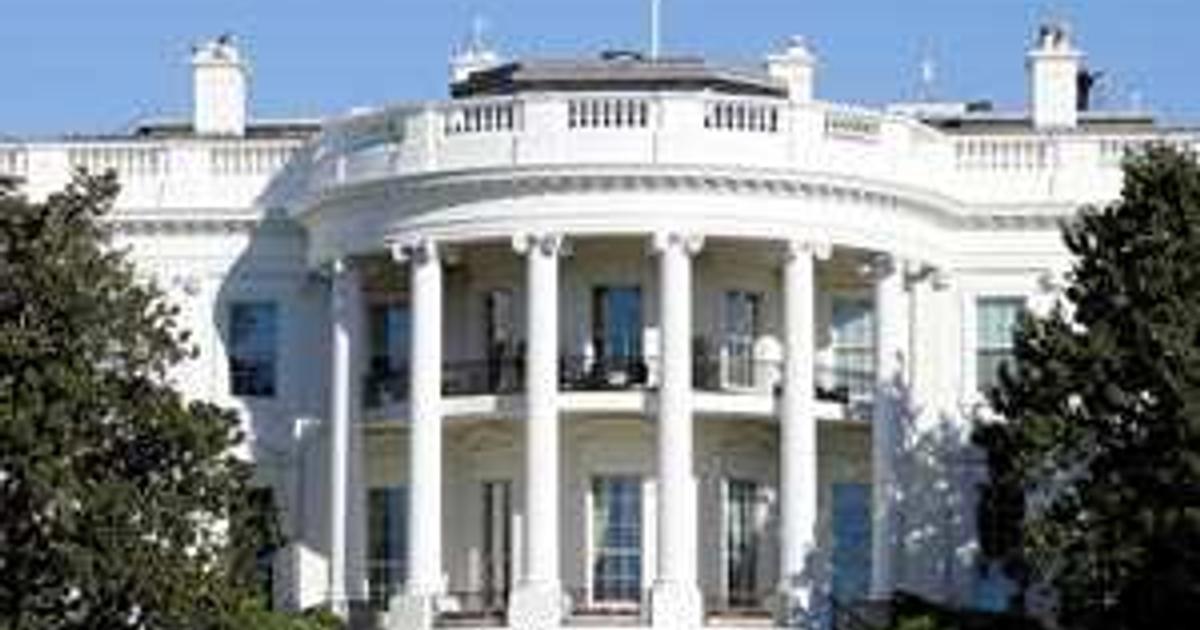Al-O-Meter
Well-Known Member
YES!!! ^^This exactly!!!^^The president spread what has come to be called a Big Lie. The term no doubt coined with Orwell in mind. That much happened. Somehow, the majority of the Republican base came to fully believe this lie. ... the constituents of our two major parties no longer subscribe to a consensus reality. Which is itself damaging, I believe.
I don’t see that as an attack on democracy so much as an attack on the legitimacy of the other. Many see the President elected in 2020 as illegitimate because of “The Big Lie”. Many on the other side viewed the President elected in 2016 as illegitimate because of “Election Interference”. I don’t know what marketing will be used to sell the idea in 2024 but if the trend continues, an even greater number of people will be taken in by this phenomenon.
It would be so much easier if we'd just say “Hey everybody! It is the craziest thing but we checked in this old document and it turns out we’re a republic. You Arizona folks can recount as many times as you want, and if Rudy wants to file a new lawsuit every day then go for it because that is just the vote. It turns out the election happens in mid-December and the democrat nominee beat the republican nominee by 306 to 232. We heard people were worried about fraud so we re-asked all 538 people and they confirmed their votes. We also asked if any were Russian spies and none of them said they were.”
With regards to the various state voting measures and the federal ones trying to stop the state voting measures, I don’t see either as doing anything to slow this race to delegitimize the other. There are things we could do but no one seems interested. The worst part is that I don’t believe there is a shadowy group doing this to us. It is just the popular thing to do so everyone is losing their minds and jumping on the bandwagon.


